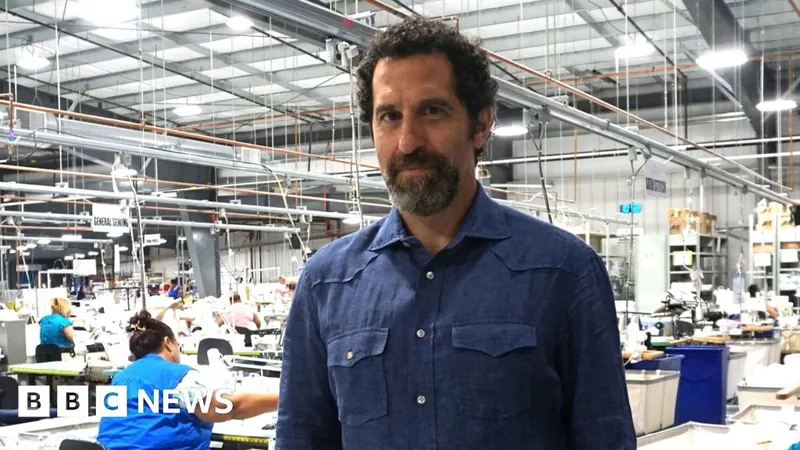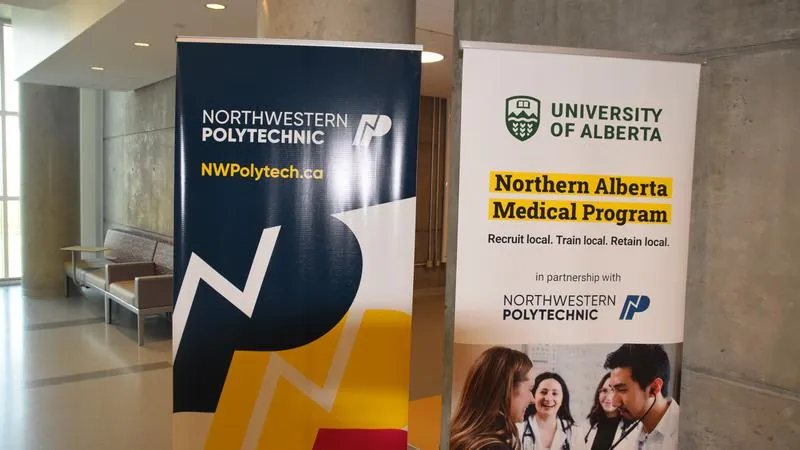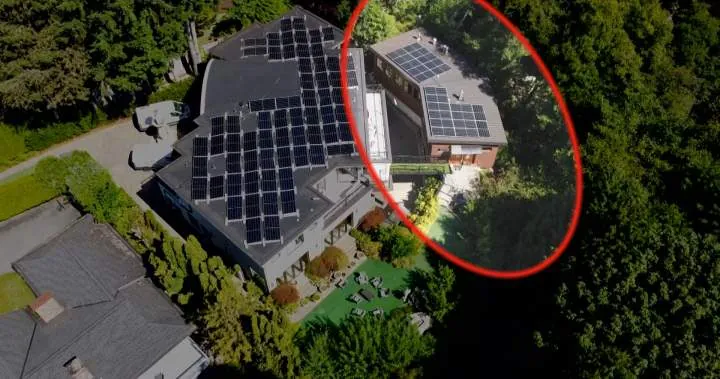
Trump's Tariffs: A Double-Edged Sword for US Manufacturing
2025-09-08
Author: Amelia
In a historic factory nestled in southern Massachusetts, the remnants of a once-thriving textile industry grapple with the lingering effects of tariffs introduced by President Donald Trump. The Teixeira family, having reduced their workforce significantly since the 1990s, is now facing a new dilemma as demand for their US-based sewing services rises. However, they remain skeptical, citing hiring challenges amidst immigration restrictions and uncertainty in sustained demand.
Frank Teixeira, who has been at the helm since the 1970s, voiced his discontent, stating, "Tariffs are a bad policy and eventually are going to come home to haunt us." This sentiment reflects a broader disillusionment as Trump's administration promises a manufacturing revival that seems increasingly unattainable.
The Reality Behind the Rhetoric
Trump's campaign slogan touted a booming economy driven by tariffs that he claimed would lower costs and rejuvenate American manufacturing. His appeal resonated with many working-class voters, particularly in areas like Fall River, which saw a Republican presidential win for the first time in a century.
Yet, experts quickly cautioned that such tariffs—a tax on imports—would likely backfire, escalating prices for domestic businesses and consumers while stunting growth. Fast forward to the present, as the tariffs take root, it becomes evident that the gap between Trump's optimistic assertions and the grim reality faced by American manufacturers is widening.
Job Losses and Production Concerns
Despite initial post-pandemic growth, the manufacturing sector has recently shed thousands of jobs. In August alone, payrolls in this vital industry dropped by 12,000, and surveys reveal 71% of manufacturers claim tariffs have negatively affected their operations.
George Matouk, who runs a premium bedding company, shared that tariffs raised his operational costs by over $100,000 monthly. As a result, he’s forced to hit the brakes on investments and marketing efforts, revealing the disheartening reality that tariffs, rather than spurring growth, are compounding financial strain.
Unpredictable Outcomes for Businesses
While some industries might see temporary gains due to protectionist measures, studies indicate significant job losses in sectors reliant on imported materials are neutralizing those benefits. Mike van der Sleesen, who manages Vanson Leathers, expressed frustration with the 15% surge in costs due to tariffs but also recognized an uphill battle for American businesses in a tilted global marketplace.
Despite these challenges, demand for his high-end jackets remains robust, highlighting the unpredictability of the current economic climate. As one manufacturer quipped, "We haven’t heard overtime in the textile world for 20 years!" This unpredictability leaves many manufacturers cautious about making long-term predictions.
Support and Skepticism in Fall River
On the streets of Fall River, a mix of hope and skepticism pervades. Trump supporters like Tom Teixeira, a retired transit worker, express a willingness to give the president time, arguing that manufacturing can revive but acknowledging it won't happen overnight. His patience reflects a broader sentiment of hope amidst uncertainty.
As the story unfolds, the impact of Trump's tariffs poses profound questions about the future viability of American manufacturing. For many, the promise of revitalization remains just that—a promise, still waiting for fulfillment.









 Brasil (PT)
Brasil (PT)
 Canada (EN)
Canada (EN)
 Chile (ES)
Chile (ES)
 Česko (CS)
Česko (CS)
 대한민국 (KO)
대한민국 (KO)
 España (ES)
España (ES)
 France (FR)
France (FR)
 Hong Kong (EN)
Hong Kong (EN)
 Italia (IT)
Italia (IT)
 日本 (JA)
日本 (JA)
 Magyarország (HU)
Magyarország (HU)
 Norge (NO)
Norge (NO)
 Polska (PL)
Polska (PL)
 Schweiz (DE)
Schweiz (DE)
 Singapore (EN)
Singapore (EN)
 Sverige (SV)
Sverige (SV)
 Suomi (FI)
Suomi (FI)
 Türkiye (TR)
Türkiye (TR)
 الإمارات العربية المتحدة (AR)
الإمارات العربية المتحدة (AR)